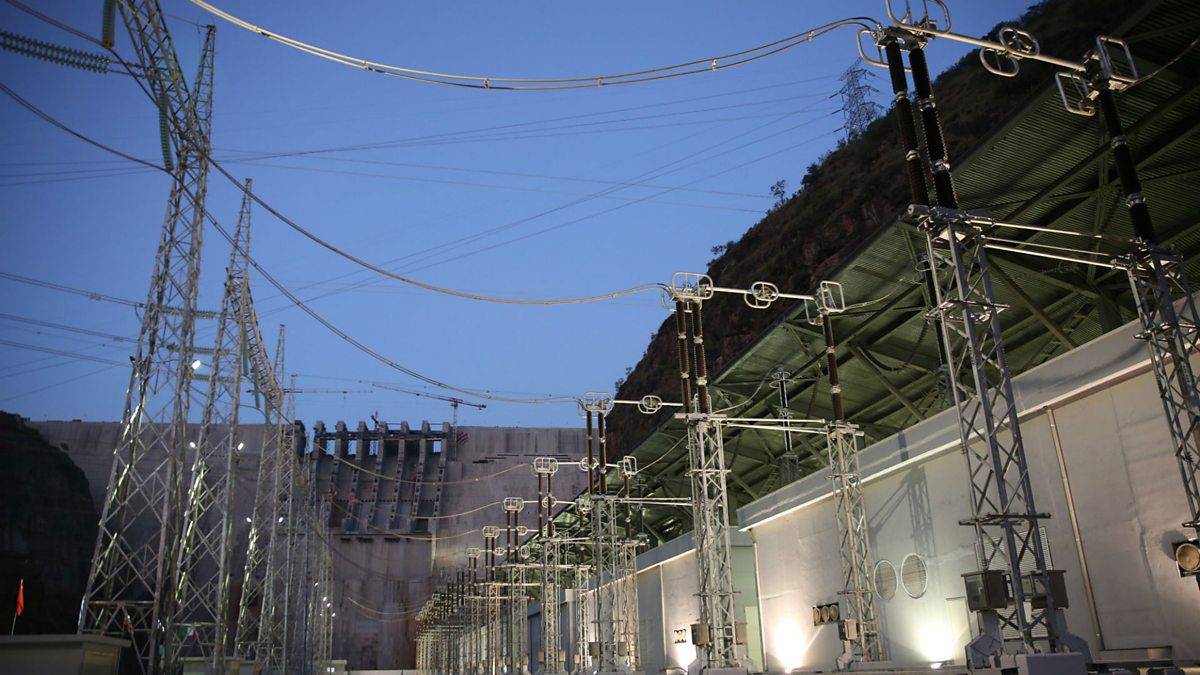‘Literally’ More Power To Ethiopia After World Bank Sanctions USD 550 Mn

Ethiopia’s prolonged and frequent power cuts are about to be a thing of the past after World Bank approved USD 200 Mn in an attempt to boost Ethiopia’s ongoing power sector reforms.
The power crisis in Ethiopia has been dire to an extent that electricity had begun to be rationed for both domestic and industrial customers. Under the rationing program, domestic consumers were to experience blackouts for several hours everyday, while commercial firms would work for fewer shifts.
Reportedly, the under-supply is following a drop in water levels in hydroelectric dams. The situation has forced Ethiopia, the fastest growing economy in the world to suspend electricity exports to neighboring Djibouti and Sudan, a project which earns the country USD 180 Mn annually.
Ethiopia’s minister for water and electricity Seleshi Bekele earlier revealed that the drop in water levels led to a deficit of 476 megawatts (MW) which is more than a third of the country’s electricity generation of 1,400 MW.
Despite multiple complaints filed regarding the issue, state run power companies; Independent Electric Power and Ethiopian Power Utility have remained mum about the issue.
Other than supporting the power sector reforms, the fund will also be used to leverage private sector financing for renewable energy generation.
The crisis is unexpected for a country which has vast solar, wind, and geothermal energy resources which remain untapped. Notably, Ethiopia is one of the few countries in the world which generates almost all the electricity from renewable resources, mostly hydro-power.
While USD 200 Mn of the approved fund goes to boost power reforms, USD 350 Mn (USD 70 Mn grant USD 280 Mn credit) secured from the International Development Association (IDA) will be used to improve the livelihoods of pastoralists. The bank said in a statement.
“The Low lands Livelihood Resilience Project approved by the bank will help to improve the livelihoods and resilience of pastoral and agro-pastoral communities in Ethiopia by addressing their binding constraints,” the statement said.
“The project will put communities in charge of their own development priorities by enabling them to identify, lead and manage local development initiatives,” said Carolyn Turk, World Bank Country Director for Ethiopia, Sudan and South Sudan.
It will also reduce long-term environmental degradation and communities’ vulnerability to climate change related droughts as well as facilitate access to crucial social services such water resources to communities.
It will further upgrade veterinary facilities and help construct key infrastructure such as bridges roads, livestock markets, small scale irrigation schemes. Through the project, technologies that improve animal productivity will be introduced.
The project will aid the infusion of technologies that improve animal productivity like milk and meat production. In addition, it will enhance market linkages and commercialization by facilitating the development of partnerships between private companies and groups of producers.
Featured Image Courtesy: Getty Images